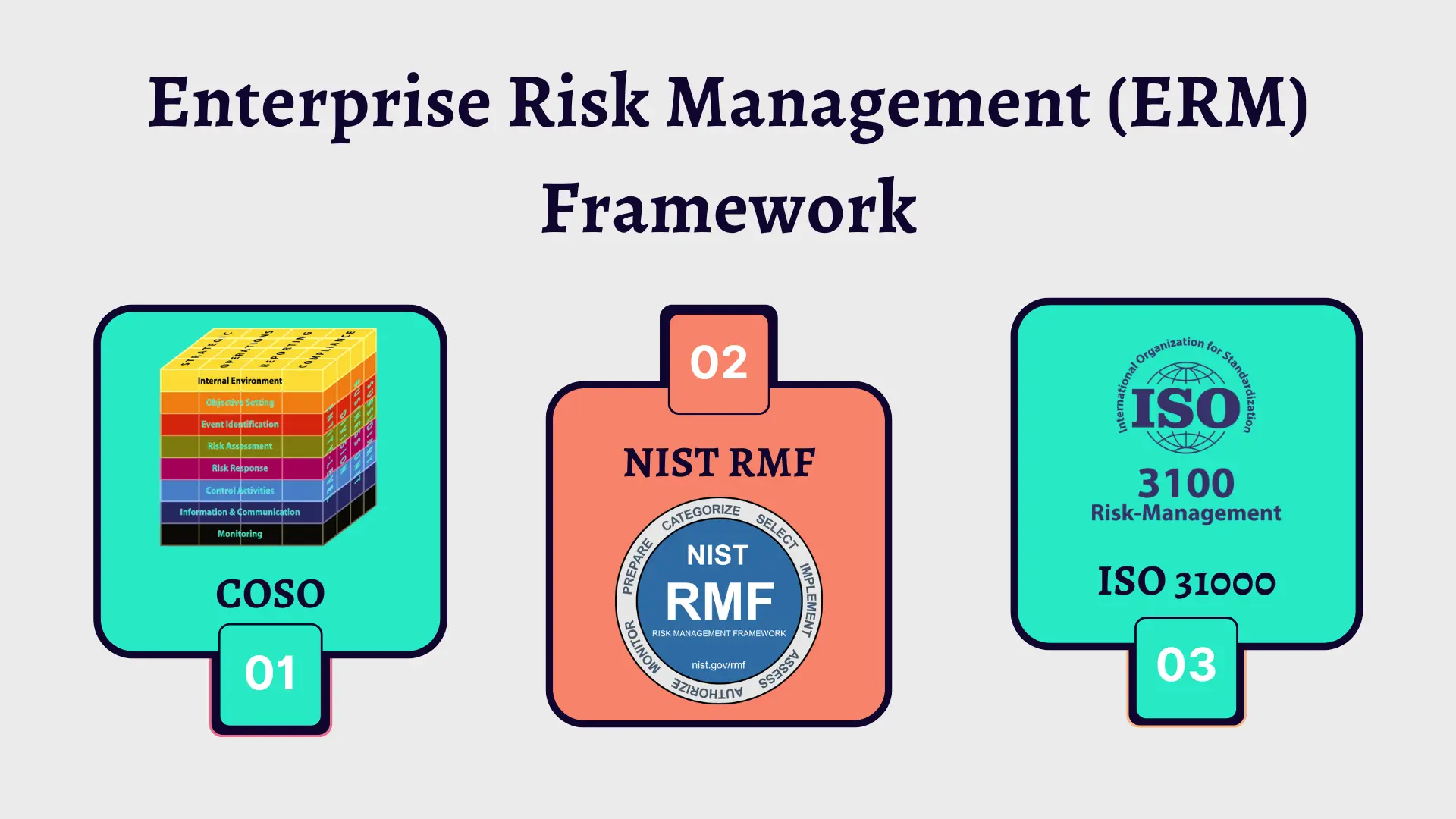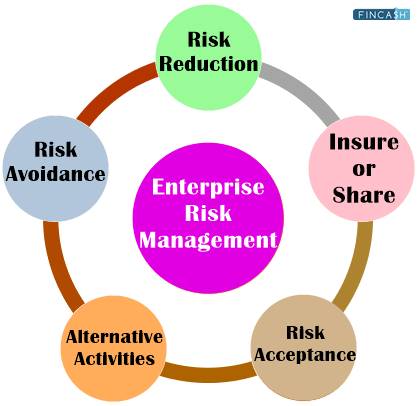Insider threats offer a helpful insight into safeguarding digital environments
Wiki Article
Check out the Role of AI in Supporting Ethics and Stability to Combat Insider Threats Properly
The assimilation of AI in organizational structures has ended up being critical in attending to expert threats. By employing advanced analytics and real-time surveillance, AI systems can recognize discrepancies from ethical actions among workers (Insider threats). This positive strategy not just enhances conformity but additionally fosters an environment of count on. As business progressively rely on these technologies, concerns occur regarding their performance and potential ramifications for workplace society. What exists ahead in the advancement of AI's duty in promoting stability?Understanding Insider Hazards and Their Influence On Organizations
Although organizations frequently focus on external threats, insider dangers present a considerable danger that can weaken protection and honesty. These hazards emerge from individuals within the organization, such as employees or professionals, who may abuse their accessibility to sensitive information for individual gain or destructive intent. The effect of insider dangers can be extreme, resulting in financial losses, reputational damages, and lawful implications.Factors contributing to expert hazards include discontentment with the workplace, absence of oversight, and insufficient employee training on protection protocols. Organizations commonly struggle to identify these hazards, as they can be challenging to find up until substantial damages has actually happened. Prevention techniques should focus on fostering a society of depend on and responsibility, together with implementing durable tracking and reporting systems. By recognizing and resolving the complexities of insider dangers, companies can boost their security stance and protect their important properties from interior dangers.
The Advancement of AI in Office Security
As organizations significantly confront varied security obstacles, the combination of synthetic intelligence (AI) in office security has actually advanced substantially. AI applications concentrated largely on automating fundamental security protocols, such as gain access to control and security. Advancements in device knowing and information analytics have actually changed AI into an aggressive device qualified of identifying possible hazards and susceptabilities in real-time.Organizations now take advantage of AI-driven systems to analyze substantial amounts of information, enabling them to spot strange behavior that might show expert threats. This advancement has actually led to the growth of innovative formulas that can gain from historic occurrences, enhancing the system's predictive abilities. On top of that, AI tools are increasingly used to enhance event response procedures, allowing safety and security groups to act swiftly and successfully.
Exactly How AI Monitors Staff Member Actions for Ethical Compliance
Expert system plays a necessary duty in keeping track of worker actions to guarantee ethical conformity within organizations. AI systems examine huge quantities of data created by employees, consisting of interactions, transactions, and access to delicate details. By using advanced formulas, these systems can identify inconsistencies from developed ethical standards and firm plans.Equipment discovering versions continually adapt to recognize patterns of behavior that may indicate ethical violations, such as unapproved data access or unusual deal activities. Insider threats. On top of that, AI-driven tools can supply real-time informs to administration, assisting in prompt interventions when possible risks are detected
The combination of AI into conformity tracking not just enhances the company's ability to support honesty however likewise promotes a culture of responsibility among workers. By advertising openness, AI systems offer as a deterrent against underhanded habits, ensuring that staff members remain lined up with honest standards and organizational worths.
Assessing Patterns: Identifying Risky Actions With AI
A growing variety of companies are leveraging AI to assess patterns that might suggest risky behavior among staff members. By utilizing sophisticated algorithms, these systems can sift through large quantities of data, determining abnormalities in user behavior that might suggest potential expert dangers. AI can detect uncommon gain access to patterns to sensitive info, such as employees accessing documents outside their common scope of work or during irregular hours. In addition, behavior analytics can highlight regular adjustments in a staff member's interaction style or collaboration behaviors, which may indicate underlying issues. This proactive method makes it possible for companies to determine risk factors prior to they intensify right into considerable hazards. The integration of AI into monitoring methods not just enhances security yet also promotes a society of liability and ethical actions. By identifying these patterns, organizations can better recognize the behavior dynamics within their workforce, eventually promoting a much safer and a lot more ethical workplace.
Real-Time Insights: Immediate Actions to Prospective Risks
Real-time insights via predictive analytics and automated alert systems play an essential function in dealing with prospective dangers to principles and honesty. By leveraging these technologies, companies can expect risky actions and respond immediately to alleviate dangers. This positive strategy enhances accountability and cultivates a culture of integrity in numerous environments.Predictive Analytics Applications

Automated Alert Systems
Anticipating analytics supplies a foundation for organizations to enhance their responsiveness to moral worries through automated alert systems. These systems utilize real-time information to keep track of activities, discovering anomalies that might represent potential expert dangers. By leveraging artificial intelligence formulas, automated signals can identify patterns of behavior that differ established standards, permitting swift intervention. This immediacy is important in mitigating risks linked with unethical methods. In addition, automated sharp systems can simplify interaction amongst pertinent stakeholders, making sure that potential risks are resolved promptly and successfully. As companies progressively rely upon AI-driven options, the integration of automated sharp systems will certainly play a crucial role in cultivating a society of values and stability, ultimately safeguarding organizational assets.Promoting a Culture of Depend On Through AI-Driven Transparency
AI-driven transparency can substantially boost depend on within companies by promoting accountability and open interaction. Through real-time tracking solutions, stakeholders can gain insights right into processes and decision-making, cultivating a culture of honesty. Data-driven decision-making even more supports this transparency, making it possible for informed choices that line up with moral standards.Enhancing Openness and Liability
Exactly how can organizations successfully foster a culture of trust fund? By enhancing openness and accountability with the strategic use synthetic intelligence. AI can assist organizations methodically track decision-making processes, guaranteeing that actions align with well-known ethical criteria. This transparency enables employees to see the rationale behind choices and plans, decreasing obscurity and promoting a feeling of fairness. Additionally, AI-driven tools can assist in clear interaction concerning expectations and a knockout post responsibilities, encouraging people to take possession of their activities. As liability becomes ingrained in the organizational society, workers are most likely to participate in moral actions, knowing their actions are kept an eye on and reviewed. Inevitably, this technique cultivates a setting where depend on can flourish, substantially minimizing the danger of insider hazards.Real-Time Monitoring Solutions
As organizations increasingly seek to foster a culture of trust fund, real-time monitoring services become a critical tool in boosting transparency. These AI-driven systems constantly track tasks, providing insights right into customer actions and potential abnormalities that may suggest expert hazards. By executing such tracking remedies, companies can proactively determine dangers, ensuring punctual responses to suspicious tasks. This not just safeguards delicate details but also strengthens a dedication to honest methods. In addition, the transparent nature of real-time surveillance aids build staff member self-confidence, as individuals realize that their activities are being observed for the better good. Ultimately, these remedies offer to cultivate a workplace atmosphere based in depend on, responsibility, and ethical integrity, essential for mitigating expert risks successfully.
Data-Driven Choice Making
Real-time tracking remedies prepared for data-driven choice making, which significantly improves business transparency. By leveraging AI innovations, organizations can examine large quantities of information to identify anomalies and patterns a measure of prospective insider dangers. This analytical approach makes it possible for stakeholders to make enlightened decisions based in empirical evidence, fostering a society of count on amongst staff members. Transparency in decision-making processes, strengthened by AI-driven understandings, encourages liability and moral actions. In addition, it allows companies to proactively address susceptabilities, ensuring that actions taken are warranted and interacted plainly. Consequently, the implementation of data-driven strategies not just reduces dangers connected with insider risks however additionally reinforces the values of honesty and ethical conduct within the organizational framework.Future Fads: The Function of AI in Enhancing Workplace Ethics
While organizations increasingly turn to expert system for operational effectiveness, the possibility of AI to improve work environment values is gaining importance. Future trends indicate that AI will certainly play a necessary function in developing ethical structures and standards, enabling companies to navigate complicated moral dilemmas. By analyzing vast amounts of information, AI can determine patterns of unethical behavior and supply understandings that promote openness and liability.AI-driven devices can facilitate real-time tracking of employee communications, guaranteeing adherence to moral criteria. This proactive method not just alleviates insider risks however also cultivates a culture of integrity. As companies accept AI innovations, they have to also prioritize ethical programming and mathematical prejudice decrease to ensure justness.
In this developing landscape, the combination of AI in ethical techniques represents a transformative change, fostering an atmosphere where integrity is not merely expected but methodically strengthened.
Frequently Asked Inquiries
How Does AI Differentiate In Between Benign and Malicious Actions?
AI differentiates between benign and destructive activities by assessing patterns in customer actions, using artificial intelligence formulas to determine anomalies, and reviewing contextual data to determine whether actions line up with well-known standards or show potential hazards.Can AI Equipment Replace Person Judgment in Moral Decision-Making?
AI tools can not totally change human judgment in ethical decision-making. While they can assess data and determine patterns, the nuanced understanding of context, values, and ethical implications still calls for human insight and discernment.What Are the Privacy Implications of AI Checking Worker Actions?

Just How Can Organizations Guarantee AI Algorithms Are Ethically Created?
Organizations can assure AI algorithms are morally created by applying clear advancement procedures, involving varied stakeholders, performing regular audits, and sticking to well-known honest frameworks that prioritize fairness, liability, and respect for customer personal privacy and rights.What Training Is Required for Team to Comprehend Ai's Moral Role?
Staff training must incorporate fundamental AI principles, data personal privacy, and prejudice awareness. Workshops, study, and interactive sessions can improve understanding, making sure staff members identify AI's moral effects and its duty in cultivating honesty within the company.
Artificial intelligence plays a vital function in checking worker habits to guarantee ethical compliance within organizations. The combination of AI into keeping track of techniques not just boosts protection yet additionally cultivates a society of liability and moral behavior. While organizations increasingly face moral issues and possible integrity breaches, predictive analytics applications offer timely insights click to investigate that can help minimize these dangers. Predictive analytics gives a structure for organizations to boost their responsiveness to moral issues through automated alert systems. Future patterns indicate that AI will certainly play an important function in creating moral frameworks and standards, permitting companies to browse complicated moral issues.
Report this wiki page